Dear Stakeholders,
We are navigating a world that is increasingly volatile, uncertain, complex, and ambiguous. Amidst these dynamics – ranging from shifting economic trends to evolving global standards – DIALOG remains steadfast in its commitment to responsible and sustainable business practices.
In the past year, we have witnessed a growing convergence of stakeholder expectations, regulatory requirements, and market forces. With the launch of the National Sustainability Reporting Framework and the progressive adoption of international standards such as IFRS® Sustainability Disclosure Standards S1 and S2, we are evolving not only in how we report but, most importantly, in how we behave as a corporate entity. The expectations from our financiers, investors, clients, regulators, and rating agencies are intensifying. These pressures are not burdens, but catalysts that push us to do better.
Despite the challenges and economic uncertainties that lie ahead, we remain positive and focused. FY2025 marks a critical juncture for us – we are returning to our fundamentals to strengthen what we have built, alongside a steady commitment to growth. Our strategy is anchored on strengthening the core principles of sustainability. We believe that strong foundations are the key to lasting impact.
Equally vital is our belief in the power of togetherness. At DIALOG, sustainability is not confined to a single department or leadership mandate. It is everyone’s responsibility – it must be embedded in our DNA. From boardrooms to project sites, from corporate offices to our supply chain partners, we are nurturing a shared purpose: to create enduring value for our stakeholders and the communities we serve.
Sustainability is a journey, not a destination. And it is one we must walk together – with integrity, resilience, and collective determination.
Let us move forward – rooted in principles, united in purpose.
DIALOG’s ESG Strategy Framework continues to guide our integration of sustainability considerations across the Group. Our 16 material topics are structured within three key pillars: Environmental Stewardship, Advancing People as well as Robust Governance and Ethical Practices, ensuring a balanced approach to managing ESG risks and opportunities.
We support the United Nations Sustainable Development Goals (“SDGs”) and have prioritised 8 SDGs that are most relevant to our business operations. This prioritisation underscores our commitment to contributing towards global sustainable development while creating long-term value for the communities and locations in which we operate.


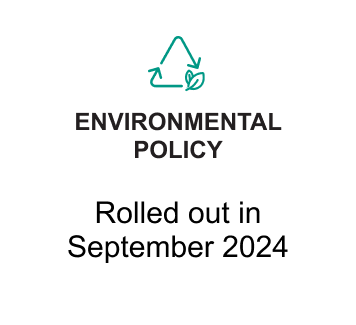
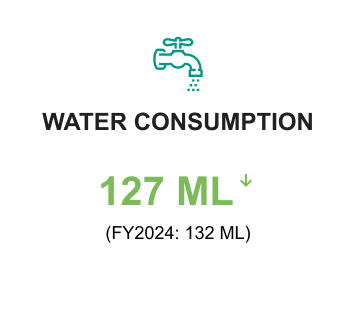
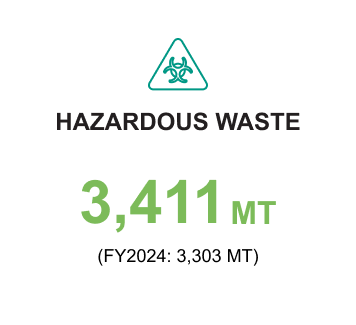
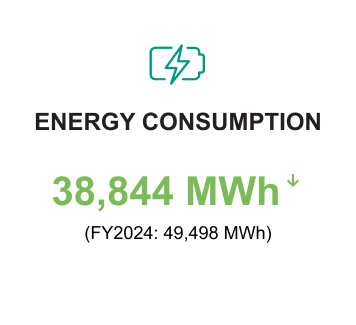
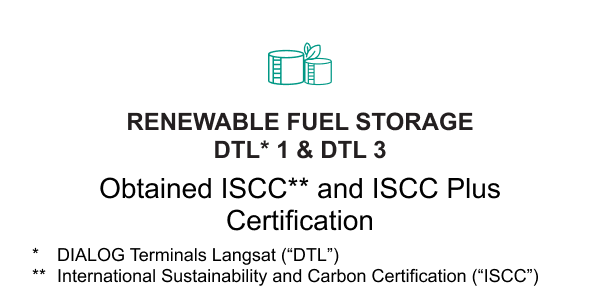
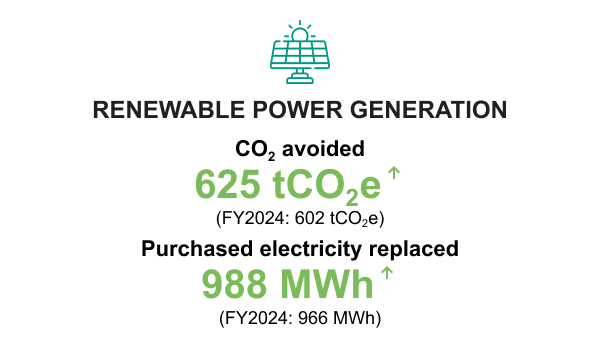
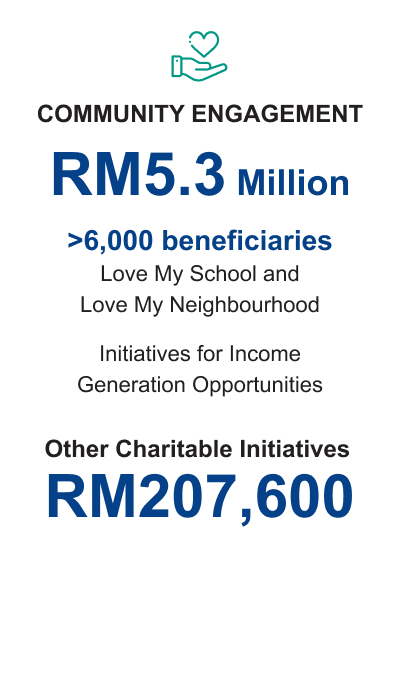
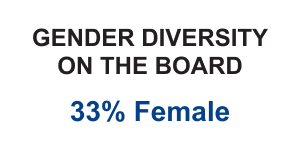


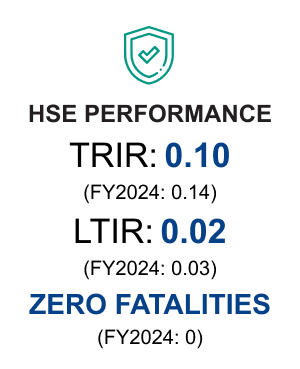
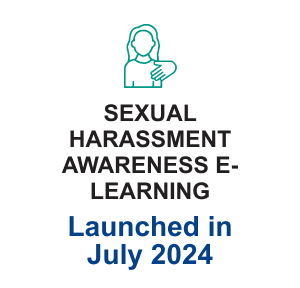
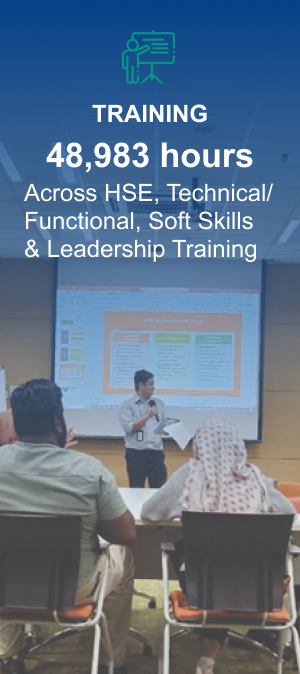
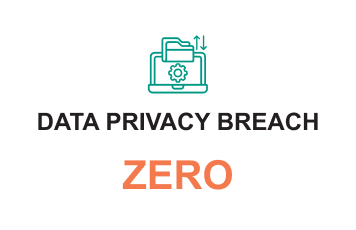
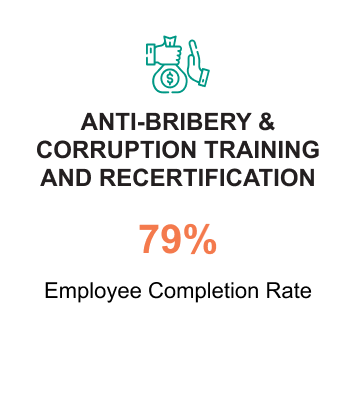
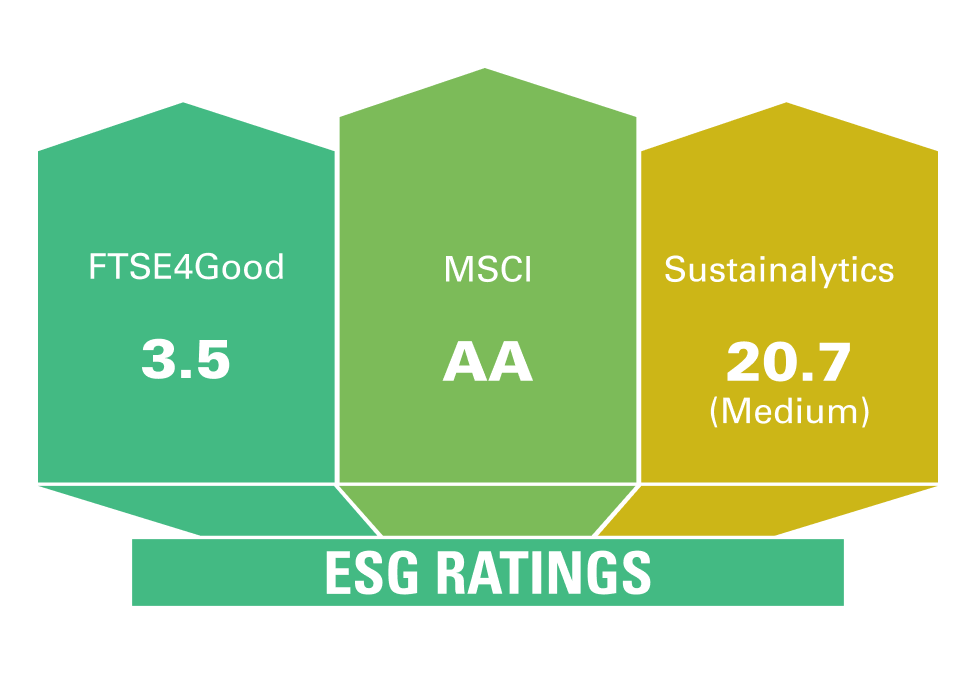
DIALOG’s approach to sustainability is supported by sound decision-making, policies and systems which encompass robust internal controls to manage risk as detailed in our Statement of Risk Management and Internal Controls.
A matter is deemed material if it reflects DIALOG’s significant ESG impacts or substantially influences the assessments and decisions of stakeholders. Consistent with the Bursa Malaysia Sustainability Reporting Guide, DIALOG’s material topics undergo a comprehensive materiality assessment every four years, with a high-level midpoint review every two years.
DIALOG has developed an ESG Roadmap to accelerate our ESG journey, outlining short to medium-term initiatives. This proactive approach allows our organisation to evolve and allocate resources effectively to achieve our goals.
We previously identified 5 key topics for the short to medium-term, and we are now sharing the progress made in FY2025. We ensure our initiatives stay on track through regular reviews and refinements, while continuously expanding our scope by setting goals and targets for more topics.
With the increasing frequency of climate change events, it is crucial to address this challenge as it endangers ecosystems, human health and economies worldwide. Additionally, it also threatens businesses’ ability to create sustainable long-term value for stakeholders, as the increasing risk of operational disruptions jeopardises business continuity.
Hence it is essential for DIALOG to establish a clear strategy outlining the Group’s approach to reducing greenhouse gas (“GHG”) emissions and managing the risks posed by climate change effectively.

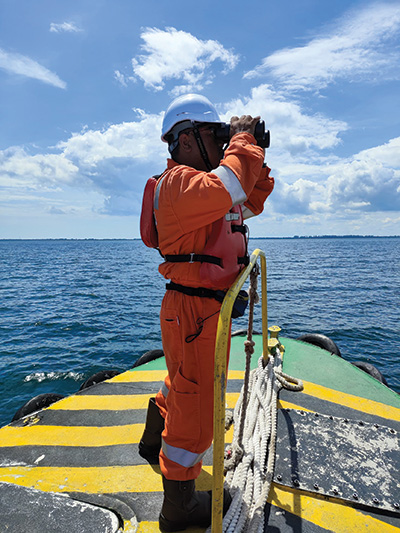
DIALOG is committed to upholding and adhering to the standards of environmental stewardship and regulations across all its operations. Following the review of our Health, Safety and Environment Policy in FY2022, we further formalised our commitment through the issuance of the Sustainability Policy in FY2024 and Environmental Policy in FY2025. This affirms our objective to implement environmental management practices in accordance with our Health, Safety, and Environmental Management System.
DIALOG Resources Sdn. Bhd. undertook a Marine Mammal Observation Survey at Kuala Baram, Miri, Sarawak. This initiative was conducted to understand the potential impact of planned offshore activities, including seismic surveys, drilling, and pipeline installation on marine biodiversity. The survey covered coastal waters within 10 km of the shoreline and its findings help establish a biodiversity baseline for the area. These insights are crucial for planning and mitigating ecological impacts in line with regulatory requirements and conservation standards.
The HSE policy and guidelines are communicated through employee engagement sessions, steering committee meetings, site-level trainings, and are prominently displayed across offices, terminals, workshops, and project sites. External stakeholders are engaged through the company website and regular communication with clients and contractors.
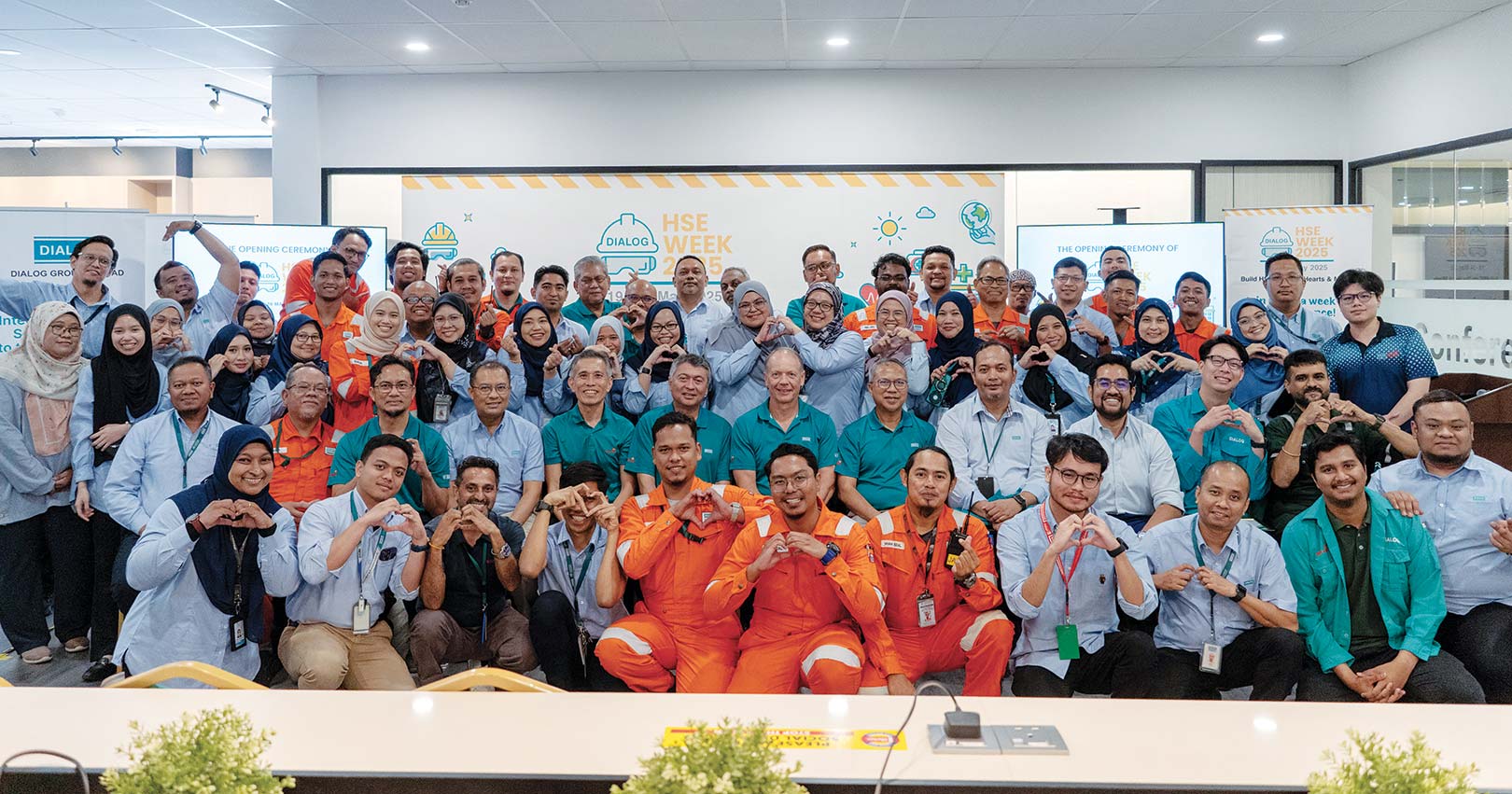
Our employees remain our most valuable asset, and their well-being and performance are critical to the sustainability of the Group’s business, as they directly influence the delivery of our commitments to clients and stakeholders. As competition for talent intensifies, we remain steadfast in managing our people holistically and effectively.
Community engagement provides an avenue for collaborative efforts to improve overall community welfare and well-being. At DIALOG, we believe that meaningful engagement builds trust – a critical element for long-term sustainable relationships and effective governance.
We support communities where DIALOG operates, primarily via MyKasih Foundation (“MyKasih”), a private non-profit organisation that we have long supported as our strategic Corporate Social Responsibility (“CSR”) partner.
Strong governance, ethical conduct and transparency are essential to building a responsible organisation and upholding the highest standards in all that we do.
Ethical behaviour fosters trust and instils confidence, particularly in today’s climate of increasing regulations and public scrutiny. DIALOG believes that strong corporate governance and ethical behaviour are fundamental to safeguarding business and stakeholder interests, managing risks effectively, and ultimately enhancing the Group’s financial performance and shareholder value.
Bribery and corruption undermine trust, damage reputation, harm employee morale, and threaten financial stability. At DIALOG, ethical behaviour remains a top priority, and we strictly enforce our Code of Business Ethics (“COBE”) and related policies, including the ABC Policy, to ensure compliance with the Malaysian Anti-Corruption Commission’s (“MACC”) Section 17A.
DIALOG’s vision of becoming a leading integrated technical service provider to the energy sector, both in Malaysia and internationally, depends on our ability to effectively manage uncertainties that could materially impact our critical success factors and long-term value creation. Risk management is integral to DIALOG’s operations, guided by our Risk Management Policy and Framework, which is consistent with the principles set out in accordance with ISO 31000:2018 Risk Management – Principles and Guidelines.
Strong governance across our supply chain is fundamental to maintaining DIALOG’s integrity, resilience, and long-term success. As part of the Governance pillar, we ensure that our vendors and business partners operate in accordance with the same ethical, responsible, and sustainability principles that guide our business. By embedding clear policies, transparent processes, and ESG-focused assessments, we uphold accountability and strengthen trust within our supply chain.
Taxes help stimulate economic growth by enabling governments to address key needs such as healthcare, education and infrastructure, which contributes to a stable and thriving economy. As a responsible corporate citizen, DIALOG observes all applicable laws, rules and regulations to fulfil its tax compliance and reporting obligations in countries where it operates.
Economic performance remains material to DIALOG as it underpins the Group’s long-term sustainability, enabling us to provide employment, generate economic value and create positive impact for our stakeholders. Our financial strength and stability reflect the effectiveness of our prudent financial management, robust risk management practices, and diversified business strategies.